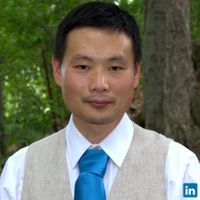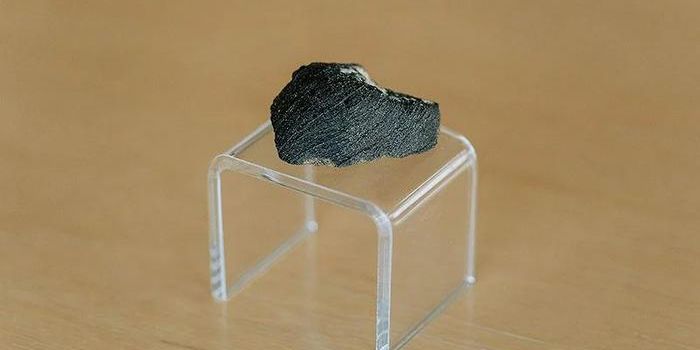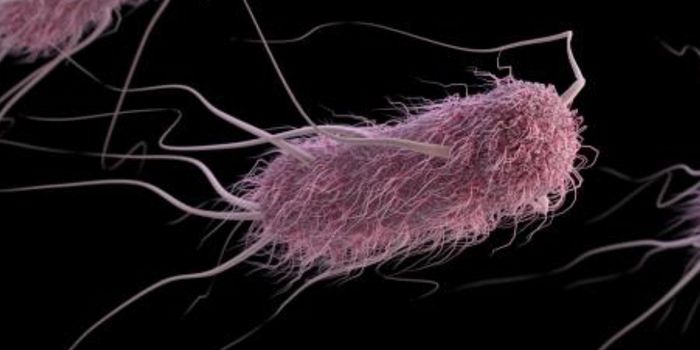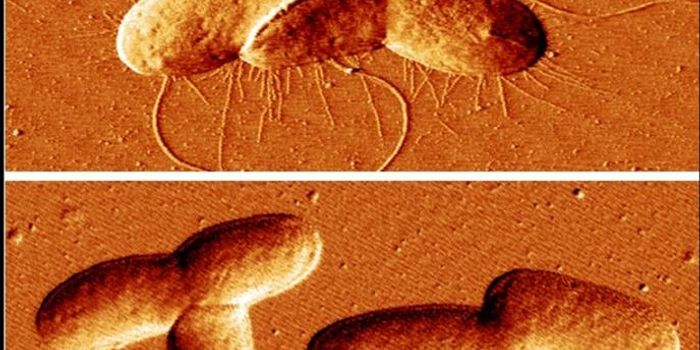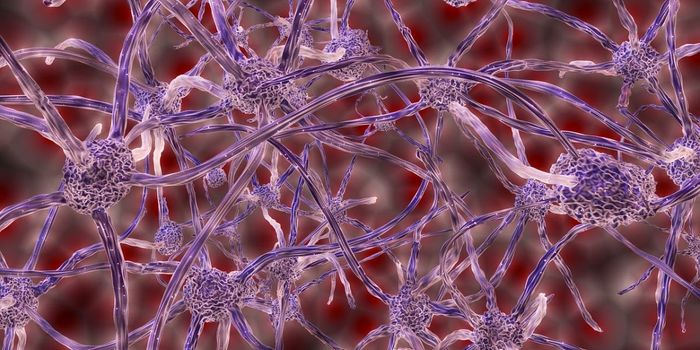How to Enable Computers to Solve Increasingly Complex Problems? Make Them "Think" Like a Metal
In metal works, the term annealing refers to a treatment with heat that increases the elasticity of a metal material. Since the 1970s, the nature of this metallurgic technique has been inspiring scientists to gain important insights into a seemingly unrelated field: algorithm-based problem-solving.
In mathematical and computing science, researchers often face the need to look for a balanced solution to problems full of competing variables. To come up with the best possible answer, they rely on simulated annealing (SA), a type of algorithms that seeks the optimal value within the "global" search space.
Take the famous "traveling salesman problem" for example, it's a computational quest to find the shortest possible route that visits all destinations and returns to the starting spot. An SA-driven algorithm can help chart a journey with the minimum distance but still connecting all visiting cities.
So how did the cooling of a metal inspire the method of route optimization? During annealing, the heated metal atoms migrate inside their crystal lattice with enhanced randomness, which allows them to fix the wrongful placement of their positions (also known as the dislocations). As they cool down, their movement slows down and become less random. This natural process allows all atoms to settle into the lowest energy configuration and eliminates the recurrence of imperfection in the crystalline structure.
This cooling metal-emulating algorithm has already found a wide variety of applications that involve process optimization, including the route programming of autonomous robots and drones, interpretation of X-ray crystallography, computer-based drug design, and network planning for natural gas delivery pipes.
Source: SciShow via Youtube
